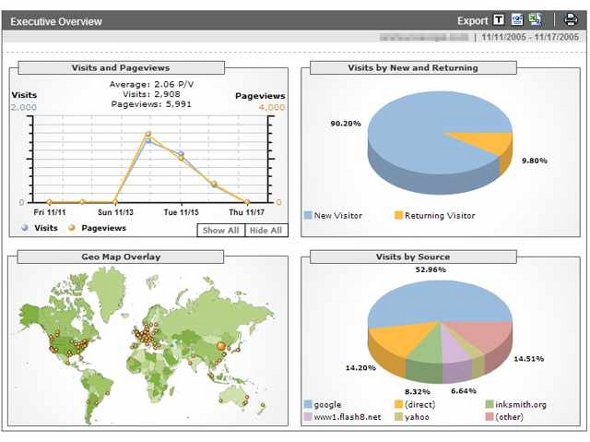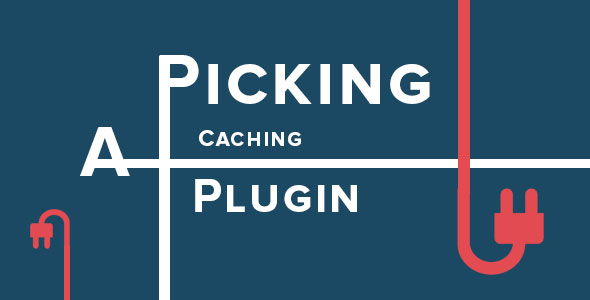WordPress is a large platform, and there are a variety of truly massive databases and websites that get queried constantly. It increases the bandwidth usage and slows down websites. Any customer of web hosting knows that bandwidth is an expensive thing especially when you need to upgrade to a premium plan because of a lots of queries. You may consider it being a part of your website growth, but that is not really true.
In order to prevent the slowdown of a website loading times, there are a number of helpful and innovative plugins that actually cache database queries and websites.
Caching databases is an essential for all website owners. Moreover, cache plugins are able to create a relevant cache for a variety of items on your website. Essentially, it is the interaction between the database and the PHP template file which take place every time when users load a page. The average WordPress site can feature about 200 queries maximum for every loaded page. In order to reduce this list long list of queries, you should find a plugin which caches the actual database queries. It will store all of all you information outside the database in a static file and put it back each time your WordPress pages are reloaded. But you have to be sure that the plugin you have picked includes the feature of caching databases.
Sometimes it is. The thing is in the way the plugin stores cached files. Most often caching plugins store files with template information in a subfolder within the “plugins” directory. It is the most common practice by current WordPress caching plugins and it is considered being a tidy and neat way. However, some plugins pollute a web server with a bunch of inappropriate files. Thus, they considered being not a wise solution.
Moreover, when you deactivate or uninstall such plugin, these “messy” files will not be deleted. You will have a lot of garbage that will slow down your server. Thus, it is better to avoid counter-productive caching.
Does It Cache Websites?
In recent years, some WordPress caching plugins have become able to cache both the queries and the XHTML template output. So if a user requests an update to the output or makes a major change, files will be updated.
This might sound complicated, but it is only way to make a complex site really fast. Caching the CSS output and XHTML of a template file will be a wise solution for really big websites, since it creates some static files that can work quickly both on desktop and mobile devices. It is worth to consider even for small sites, since it can significantly decrease the loading time of all your pages.
Many popular WordPress caching plugins do not work with typical tablet devices and smartphones. Those devices are treated as if the site had no caching plugin installed or activated at all. Moreover, these devices typically use slower mobile data connections. But, as smartphones have risen in popularity, it became a necessity to cater to these devices.
So, firstly, look into the plugin’s instructions if it supports tablet and smartphone devices. If the plugin provides no such support, it will not be a wise solution. However, many developers are now recognize mobile device support, so very soon it will be a standard feature for every current caching plugin.
Some caching plugins cache the page`s XHTML output and store it as a static file. It is one of the most frustrating effects of this kind of plugins. This is good, since it increases page loading times. However, it is not so good, since it makes alteration and template development hard to pursue. Until you refresh the cache manually (when actual XHTML output of the page is cached), any modification of the PHP template file will not be reflected by the page. It can be a killer feature for you website.
However, many current WordPress caching plugins can make exceptions for logged users. When the author or administrator is logged in, they will see a website`s un-cached version till the time they will logg off. It means that caching runs effectively for non-logged users, since it works just as there is no caching plugin was installed. You will feel no difference.
Moreover, until the cache is refreshed, the site`s cached version will not reflect the changes. Also, it makes bug test possible. It’s a handy feature and a neat trick for administrators and developers of cached websites.
“Spot-cache” of the most static areas of the website is one of the newest caching features. It means that a caching plugin leaves the main content area out of the cached files, but creates a cache file for certain parts of the sidebar, footer and header. This makes sense, since sidebars, footers and headers do not change dramatically during long time period.
Of course, it will not speed up your website, since some major parts of the website will not be cashed. But it will increase the time of a page processing by a couple of seconds.
People used to think that caching plugins create a miracle and promote much faster page loading times. It can be hard to see the effectiveness of a cache plugin by watching the page load, since the difference can be only a two or three seconds. To verify its effectiveness, after installation every cache plugin should be tested.

Page Statistics
Many analytic plugins provide options to measure the time of a page loading. This type of tool should be used to measure the effectiveness of your caching plugin; it’s pretty likely that the plugin is simply not doing its job well if there is no noticeable shift in page loading times. Those plugins collect statistics from every visitor that enters your website and store it for administrators.
To summarize, choosing the best caching plugin comes down to understanding what you really need. Do you need more speed for mobile or desktop users? Is it the XHTML template file or the database that slows your website down? When you answer to these questions, you will know what plugin will be the best for you.


